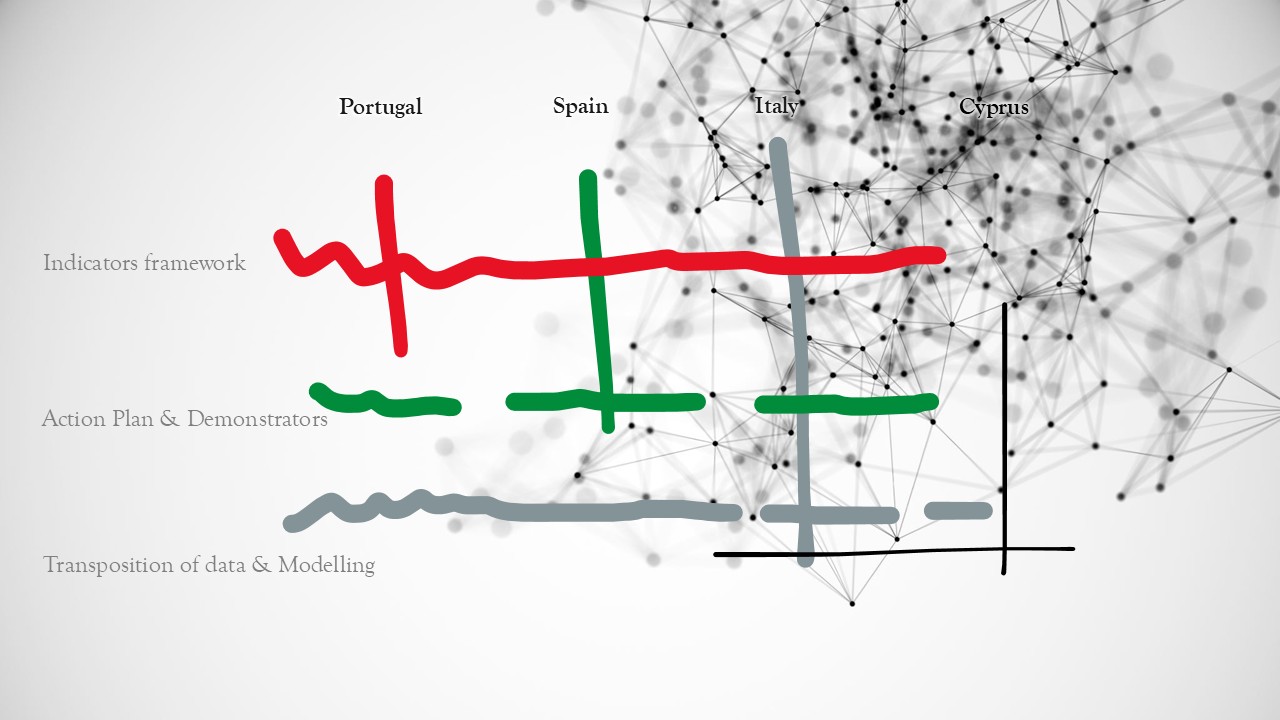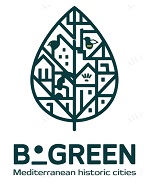
The management of contemporary historic districts is needed in transforming society to value the role that heritage can play in inclusive, resilient approaches of place-making with the aim to enhance nature and inclusive social development. The New Urban Agenda 2030 proclaims the reasons for a new urban conservation approach in which conceptual transitions are still underway. The heritage-rich territory of a historic city is now perceived as a socio-cultural ecosystem and a system of values subject to be analysed by a set of social, environmental, urban and economic indicators that help understand the multifaceted, interrelated challenges that these particular urban spaces face towards the future.
Pressing challenges such as climate vulnerability, biodiversity loss and spatial fragmentation call for new solutions, that is, to rethink of space in terms of its liveability and as an inclusive place of health and wellbeing.
